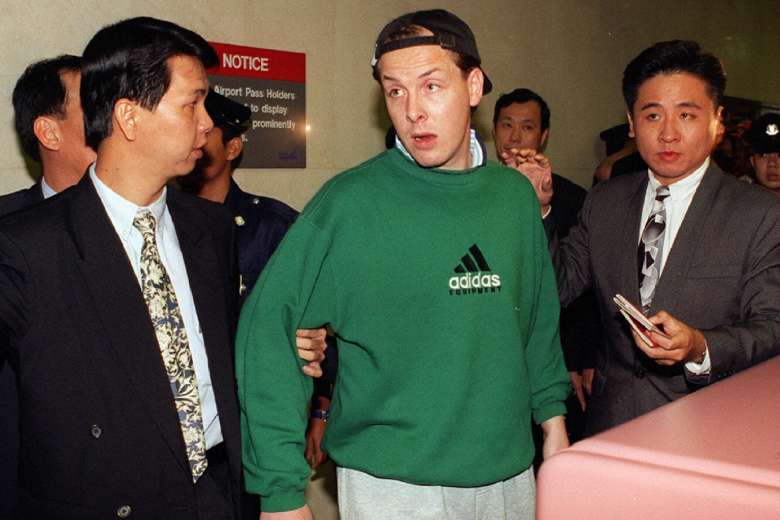3 things you can learn from Nick Leeson
Nick Leeson was regarded as a trading genius by his colleagues at Barings Bank. Back in 1992, Leeson’s appetite for risk and skill at making speculative trades earned his employer; Barings Bank upwards of $10 million ($16 million today) which accounted for nearly 10% of the merchant bank’s turnover.
Through a combination of skill, luck and unauthorized speculation, Leeson was able to earn the trust of his employers and as a result was entrusted with millions of the bank’s money.
However, little did his employers know that Leeson’s reckless behavior would go on to cost them dearly. Despite being seen as the golden boy at Barings, Leeson’s luck would eventually run out on him.
Having accumulated a significant amount of losses through his trades, Leeson successfully deceived the bank’s internal auditors by camouflaging these losses in an error account. Thanks to his reputation as a trading genius at the bank, Leeson was able to requisition increasing amounts of cash without inviting any scrutiny.

The end would come on the 16th of January 1995 when Leeson bet against the Japanese market. Unfortunately for him, the Kobe earthquake struck Japan the next day, which sent the Nikkei into a downwards spiral.
Hoping to recoup his losses, Leeson doubled down and made increasingly risky trades which all backfired. Faced with more than $4 billion ($7 billion today) in losses, Leeson went on the run for several months before being apprehended in Frankfurt.
As a result of his actions, Barings single-handedly brought about the collapse of a centuries-old merchant bank. Despite efforts by the British government to bail them out, Barings ultimately became insolvent.
Nick Leeson was a trader in name only and his actions were more in line with that of a gambler. Having studied the collapse of Barings Bank, here are some of the key lessons that we can take away from this sad, sordid affair.
1. Overconfidence can be (and often is fatal)
One of the reasons why Nick Leeson was able to take such huge risks came down to two factors. The first being a total lack of oversight on the part of his employers and his arrogance.
Being confident and believing in yourself is one thing, but becoming arrogant and overconfident usually leads to costly mistakes.
When taking a position or speculating, you should never make the mistake of believing your own hype. All of your analysis and charts won’t be able to predict how the market will react.
Thus, it’s always best to make use of a stop-loss order which will help minimize your losses. Trying to make up for a loss is much more difficult than making a profit i.e. a 10% gain does not make up for a 10% loss.
2. Don’t mistake good luck for skill
If you discount the fact that Leeson was able to bring in 10% of Barings Bank’s turnover in his early 20s, you would have thought he was some financial wunderkid. As hard as it may sound, experiencing some success in the market doesn’t make you a great investor or trader.
In fact, your early successes may have been attributed to sheer dumb luck instead of any kind of skill on your part. To some, it may even appear as if Leeson was in some kind of denial and was searching for a way to get out.
3. Learn the difference between gambling and investing
Fact: both gambling and investing have some element of risk involved.
False: both gambling and investing are the same thing.
Investors park their cash on an asset in order to earn a return on their initial investment. Meanwhile, gamblers stake their money on a contingency in the hopes of striking it big.
Gambling is like betting on the NFL Miami Dolphins to win the Superbowl, even though it seems highly unlikely. Investing is if you put your money into the Dolphins assets and tried to capitalize on their income.
Leeson made a gamble when he staked the bank’s money on the hopes that the Japanese Nikkei would not decline.
When his gamble when south, Leeson incurred huge losses which could not be recouped. Following this, Leeson once again made a series of gambles that ultimately led to the demise of Barings Bank.
As a trader, you should always be keenly aware of the differences between investing and gambling. Upon taking a position in the market, always do your homework and ensure that you have your due diligence in place.
While there have been many more banking scandals since Nick Leeson’s destruction of Barings Bank exemplifies everything that could go wrong when an investor loses his way. By learning from Leeson’s mistakes, we can go on to become much better traders.


Join the discussion